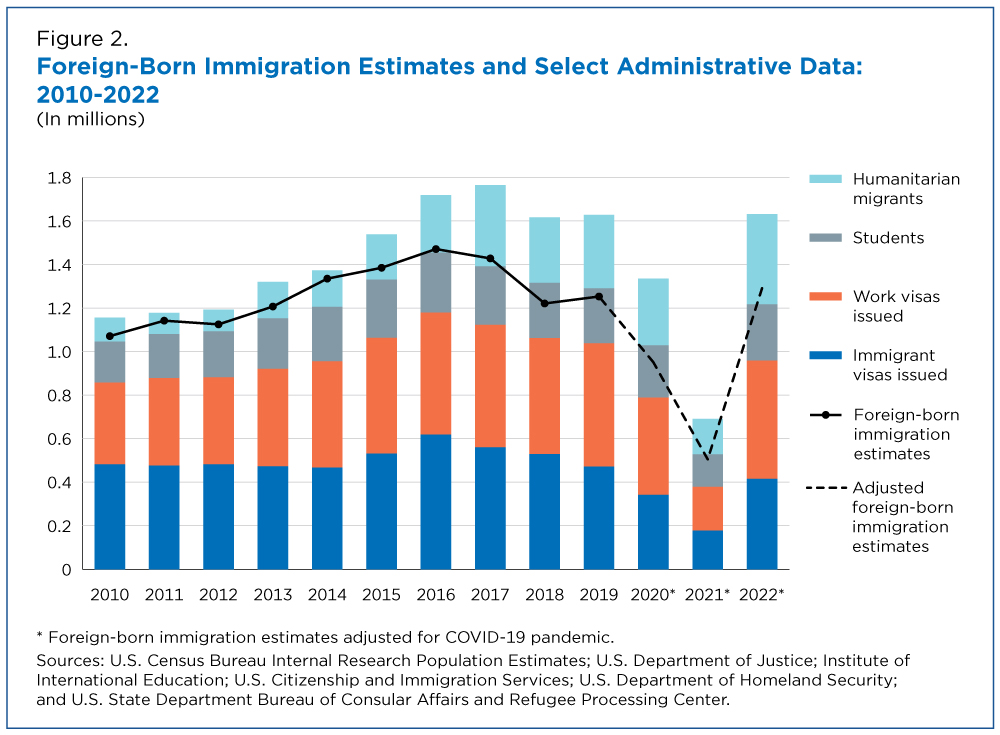 For those embarking on this transformative journey, understanding the Step-By-Step Aliyah Process is essential to navigate the complexities of obtaining Israeli citizenship and fulfilling a lifelong dream.
For those embarking on this transformative journey, understanding the Step-By-Step Aliyah Process is essential to navigate the complexities of obtaining Israeli citizenship and fulfilling a lifelong dream.
For many, the journey to belonging is a deeply personal and transformative experience. In Israel, the path to citizenship is not just a legal process; it represents the culmination of dreams, aspirations, and a profound connection to a land rich in history and culture. Israeli citizenship is more than simply acquiring a passport; it is about joining a vibrant community that reflects diverse backgrounds, beliefs, and narratives.
As individuals from various parts of the world seek to make Israel their home, they navigate a landscape filled with both challenges and opportunities. The journey involves understanding the complexities of the Israeli legal system, embracing the local culture, and forming connections with others who share a common goal. For many, obtaining Israeli citizenship symbolizes a new beginning and the chance to contribute to a society that values resilience and innovation.
Understanding Israeli Citizenship
Israeli citizenship is a legal status that grants individuals rights and responsibilities within the state of Israel. It allows citizens to participate fully in the life of the nation, enjoy civil rights, and access various services. The significance of citizenship in Israel is closely tied to the nation’s foundations and the historical context of its establishment in 1948. By obtaining citizenship, individuals become part of a society that is defined by its rich history and diverse population.
The process of acquiring Israeli citizenship can vary depending on individual circumstances. Some may obtain citizenship by birth if their parents are Israeli citizens, while others may seek it through naturalization. The Law of Return is a crucial element, enabling Jews worldwide to immigrate to Israel and gain citizenship. This aspect highlights the importance of Jewish identity within the broader framework of Israeli citizenship and reflects the country’s commitment to serving as a homeland for Jewish people.
For non-Jews, the journey to citizenship may involve different pathways, such as marriage to an Israeli citizen or fulfilling specific residency requirements. The legal framework surrounding Israeli citizenship emphasizes the balance between the Jewish character of the state and the rights of its minority populations. Understanding the complexities of these pathways is essential for anyone seeking to navigate the journey toward becoming an Israeli citizen.
The Application Process
The journey to Israeli citizenship begins with a thorough application process that requires a careful approach and attention to detail. Applicants must gather a variety of documents, including proof of Jewish heritage, marriage certificates, and identification documentation. Ensuring that all paperwork is in order is crucial, as any missing or incorrect information can lead to delays or rejections. It is advisable to consult with professionals or legal experts who specialize in this field to navigate the complexities of the requirements.
Once the paperwork is prepared, the next step involves submitting the application to the appropriate Israeli authorities. This is typically done through the Israeli embassy or consulate in the applicant’s home country or directly in Israel, depending on the situation. Upon submission, the waiting period begins. This phase can be unpredictable, with processing times varying based on factors like the applicant’s background and the volume of applications being processed. Staying informed through regular check-ins with the relevant office can help ease uncertainty during this phase.
Upon approval of the application, the final step is to take the Oath of Allegiance. This is a pivotal moment that symbolizes the commitment to Israel and its values. The ceremony is often held in a warm and welcoming environment, making it a memorable experience for new citizens. After taking the oath, individuals are officially recognized as Israeli citizens and can enjoy the rights and privileges that come with citizenship, including access to education, healthcare, and the opportunity to participate actively in the democratic process.
Challenges and Considerations
Navigating the process of obtaining Israeli citizenship can present numerous challenges that prospective applicants must consider. One significant hurdle is the bureaucratic complexity of the application process. Candidates often face a lack of clarity regarding the necessary documentation and requirements, which can vary depending on individual circumstances. This can lead to delays and frustrations, causing applicants to feel overwhelmed as they attempt to navigate the legal landscape.
In addition to bureaucratic obstacles, emotional and cultural considerations play a vital role in the journey to Israeli citizenship. New immigrants may confront feelings of alienation as they acclimate to a new environment. Language barriers can hinder communication and integration, making it difficult for applicants to form connections and establish a sense of belonging in their new society. Building a support network becomes essential in overcoming these challenges and embracing the experience of becoming a citizen.
Moreover, the political landscape in Israel can add a layer of complexity to the citizenship process. Changes in government policies and public sentiment can influence the experiences of those applying for citizenship. Applicants must remain informed and adaptable as they navigate these external factors, which may affect their rights and opportunities. Balancing personal aspirations with the realities of the sociopolitical environment requires resilience and a positive outlook.
The Impact of Citizenship
Israeli citizenship significantly influences the lives of individuals and communities, creating a sense of belonging and identity. For many, obtaining citizenship is not merely a legal status but a profound affirmation of connection to the land and its history. This connection fosters an understanding of shared culture, values, and aspirations, enabling citizens to participate fully in society. The symbolic weight of citizenship often inspires pride and a commitment to contribute to the nation’s future.
Furthermore, Israeli citizenship entails various rights and responsibilities that empower individuals. Citizens enjoy access to essential services, including education, healthcare, and social welfare, which are critical to fostering personal and community wellbeing. Additionally, the ability to vote and engage in political processes enables citizens to influence the direction of their country, ensuring that their voices are heard in national discourse. This active participation cultivates a sense of agency and strengthens the fabric of democracy in Israel.
Finally, the journey toward Israeli citizenship impacts broader societal dynamics. As diverse groups navigate the citizenship process, they contribute to a richer, more multicultural society. New citizens bring unique perspectives and experiences, enriching the national dialogue and fostering mutual understanding. This diversity contributes to societal resilience, encouraging collaboration across different backgrounds and promoting a shared vision for a cohesive future in Israel.
